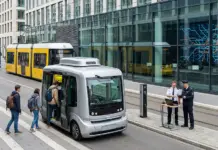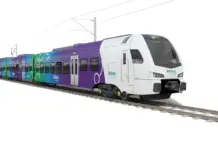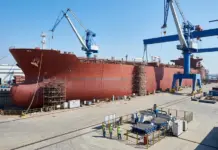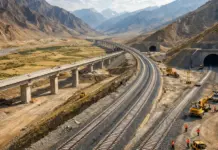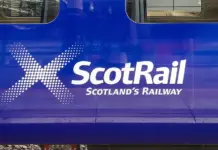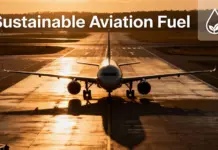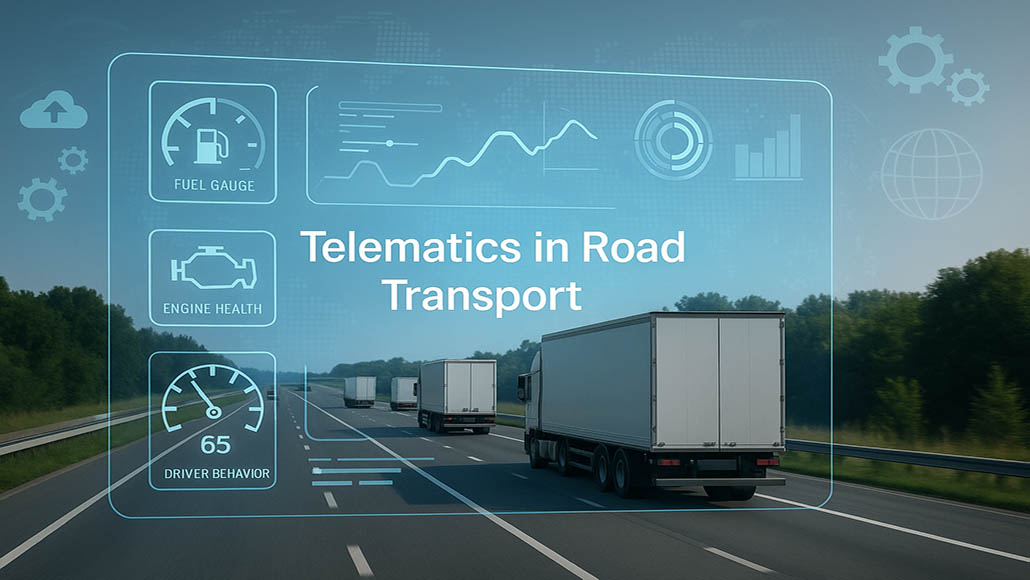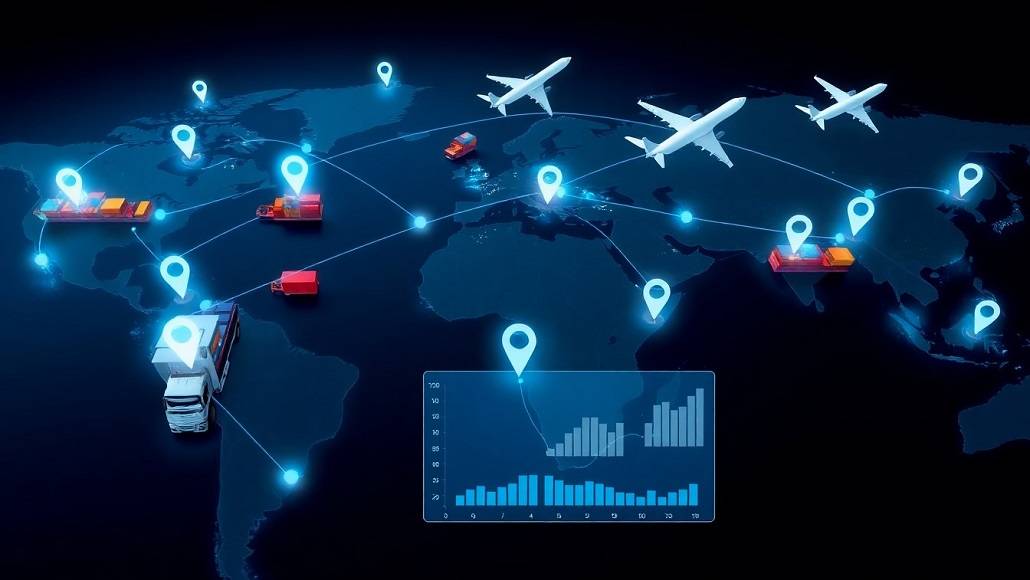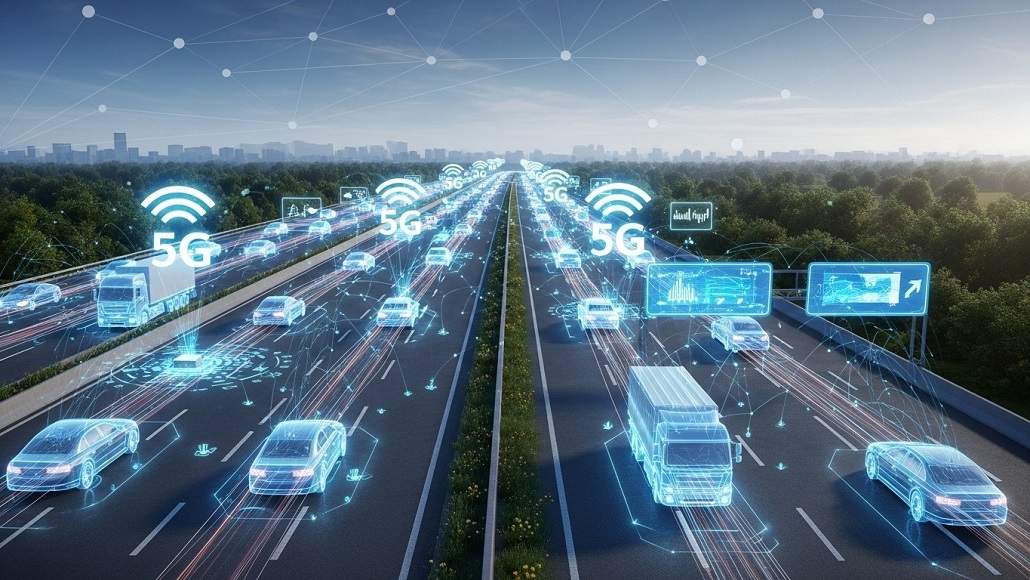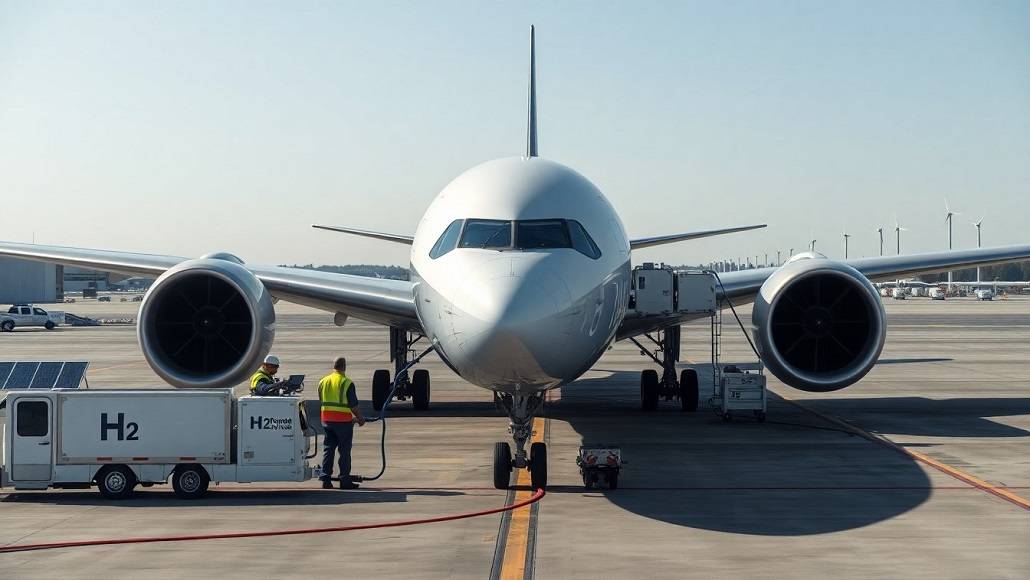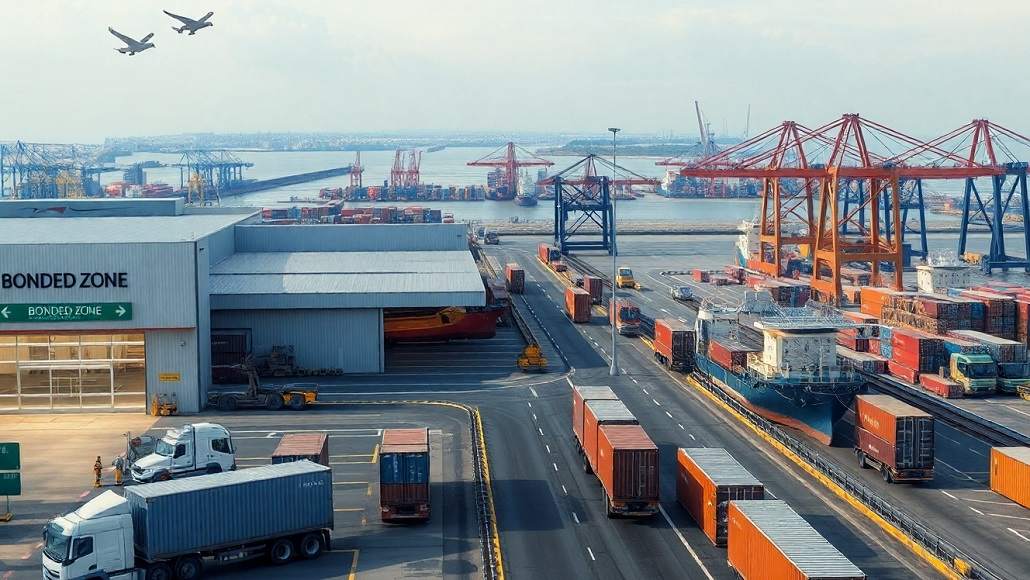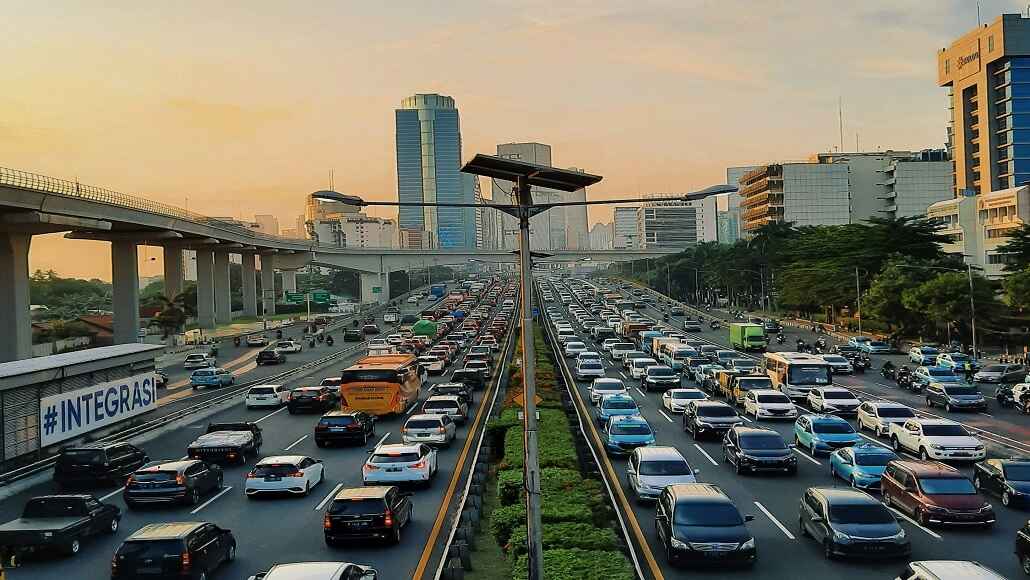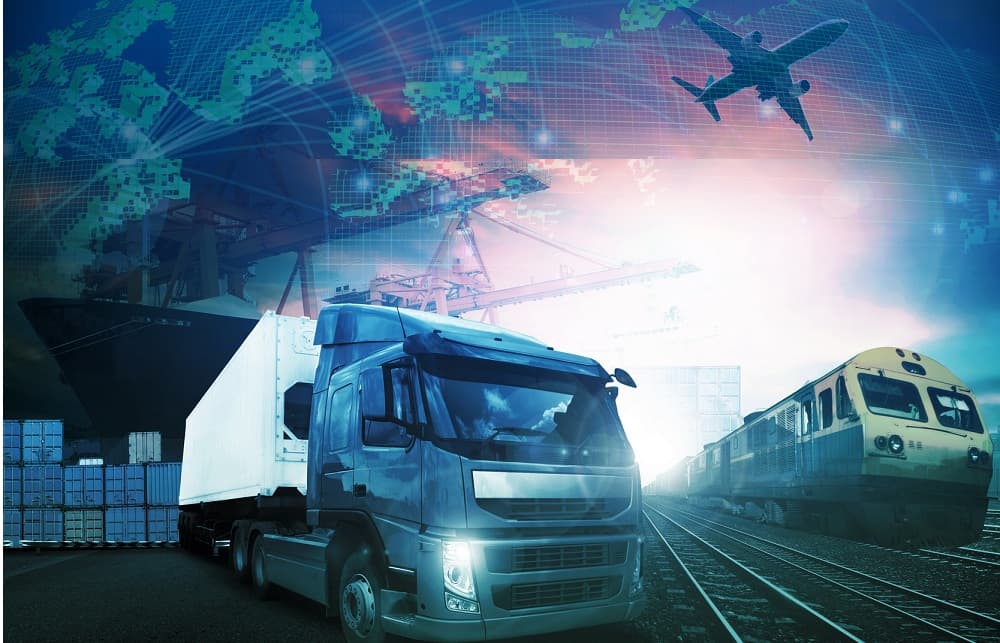Modernizing the infrastructure in America
By raising federal expenditures to levels similar to those of the New Deal, the 2021 Infrastructure Investment and Jobs Act (IIJA) and the 2022 Inflation Reduction Act (IRA) reflect significant improvements in the infrastructure of the United States. The Hoover Dam, the Lincoln Tunnel, the Bay Bridge, and the nation’s first highway were just a few of the revolutionary infrastructure projects that the New Deal helped finance. The nation’s transportation infrastructure is also expected to be modernised in a number of key areas, from financing to energy sources and design requirements, thanks to this generation-defining inflow of federal funds.
In terms of modernization, the laws will cover issues like:
- An anticipated US$215 billion shortfall in the Highway Trust Fund over the following ten years as a result of the ongoing reduction in gas tax receipts1;
- Increased cyber risk in a growing ecosystem of smart technologies, infrastructure providers, as well as transport modes;
- Uptake of electric car infrastructure;
- A rise in the severity and frequency of extreme weather occurrences poses a risk to infrastructure;
- Communities that were negatively impacted by the development of the interstate highway system must be reconnected.
Addressing three key demands will be necessary for modernising America’s transportation ecosystem, according to transport leaders, policymakers, and ecosystem partners.
First, there is an urgent need to develop, test, and scale sustainable options for the gas tax due to the escalating funding crisis for transportation, which is being caused by the rise in vehicle miles travelled and the erosion of gas tax revenues due to improved fuel efficiency and the rising popularity of electric vehicles. Although most of the technological issues relating to road user charges have been resolved, more attention has to be paid to the governance issues relating to data-sharing, cybersecurity, and privacy. A new user-based finance model for transportation will need to be accepted by the general public in order for the modernization programme to make any real headway. Governments will also need to decide where to take the initiative and where to orchestrate the larger ecosystem.
The second step in modernization is to address existing and potential bottlenecks in the transportation environment, such as revenue losses from electronic tolling or the management of programmes for road user fees. For decision-making in both policy and investment, increased use of data and analytical tools will be necessary for improved transportation efficiency.
Third, it is widely acknowledged in America that transportation networks need to be modernised in a way that is both inclusive and equitable in order to provide access to opportunities for underserved communities in the fields of employment, education, health care, retail, and recreation. In order for new models to take hold and thrive, accomplishing this will require more than just increased funding for transportation.
The Transportation Issues Study for this year examines five major trends that will influence the transportation issue in 2022. New focal areas have evolved as a result of the pandemic and growing worries about climate change and environmental sustainability, even if one can clearly see success in some areas.
Trend No. 1:
Establishing a long-term funding source for the nation’s transportation infrastructure
Greater urgency is needed for the development, running of tests, and scaling of sustainable options to the gas tax due to the growing funding crisis in transportation, where vehicle miles travelled are rising while gas tax revenues are being steadily reduced by improved fuel efficiency and the rise in electric vehicle sales. Road user charging (RUC) programmes should develop a clear value proposition for interested parties, inform the public about why the switch to RUC is important and what would be at risk if it didn’t happen, and use an approach that emphasises the connection between how funding is raised and how and where it is used to gain the trust of the general public.
Trend No. 2:
A new mobility generation is introduced with EVs
The transition to electric vehicles represents a profound technological and cultural shift. Transportation leaders and ecosystem partners should concentrate on finding solutions to the EV charging infrastructure challenge and resolving a potential skills shortage in the EV industry because the US market is on the verge of an EV expansion. To ensure that the socioeconomic groups that stand to gain the most from EV expansion are included, EV expansion should be planned with fairness and cost in mind.
Trend No. 3:
Upgrading the US transportation system in a fair and inclusive manner
A historic opportunity to reinvent how one can create new transportation infrastructure is presented by fresh federal financing. Transportation leaders develop a more equity-centered design approach for new investments and involve neglected and disadvantaged areas in the planning process by building on the momentum of recent larger federal projects like Justice40. In order to keep mobility ecosystems functional and accessible while promoting modernization, transportation agencies will need to strike a balance between equality and innovation.
Trend No. 4:
Boosting the robustness of the American transportation system
To make their systems more resistant to cyberthreats and climate change, transportation officials must be flexible enough to wage a two-front struggle. Both issues are inevitable and will only get worse, endangering the transportation system even more. From the beginning of the design process all the way through the installation of new systems and technology, cybersecurity must be included. To control the additional risk brought on by the expanding number of linked physical devices that are now a part of the tech stack, new collaborative governance models are necessary. On the climate front, considerable advances in infrastructure design and maintenance, along with a more data-driven strategy for prioritising investment decisions, will be needed to increase the resilience of the transportation system.
Trend No.5:
Accelerating digital and technological innovation
Transportation agencies’ efforts to change digitally were accelerated by the pandemic. Innovative mobility-on-demand solutions, connected and autonomous car technology, and smart infrastructure will all be the subject of new federal financing, which will serve as further motivation. By refining pilot design and developing a clearer road map for expanding innovation, transportation agencies need to address the age-old issue of scaling successful pilots.
Driving a new era of mobility
The mission of the transportation sector is crucial and has an impact on the entire society. Deloitte’s advisory services and technology solutions can assist customers in streamlining operations, making the most of the resources, and enhancing the passenger experience, whether by managing infrastructure or providing mobility services.



